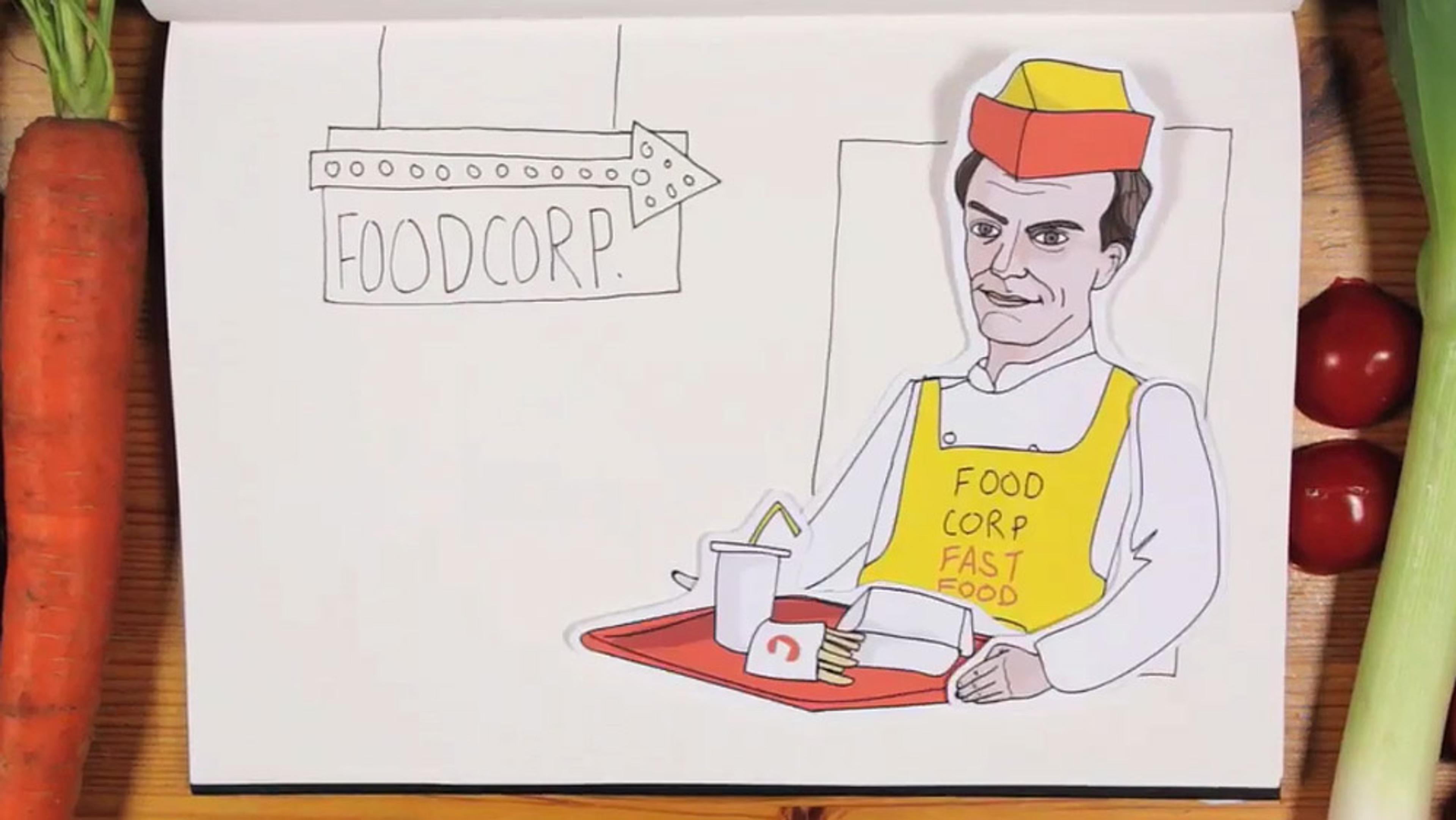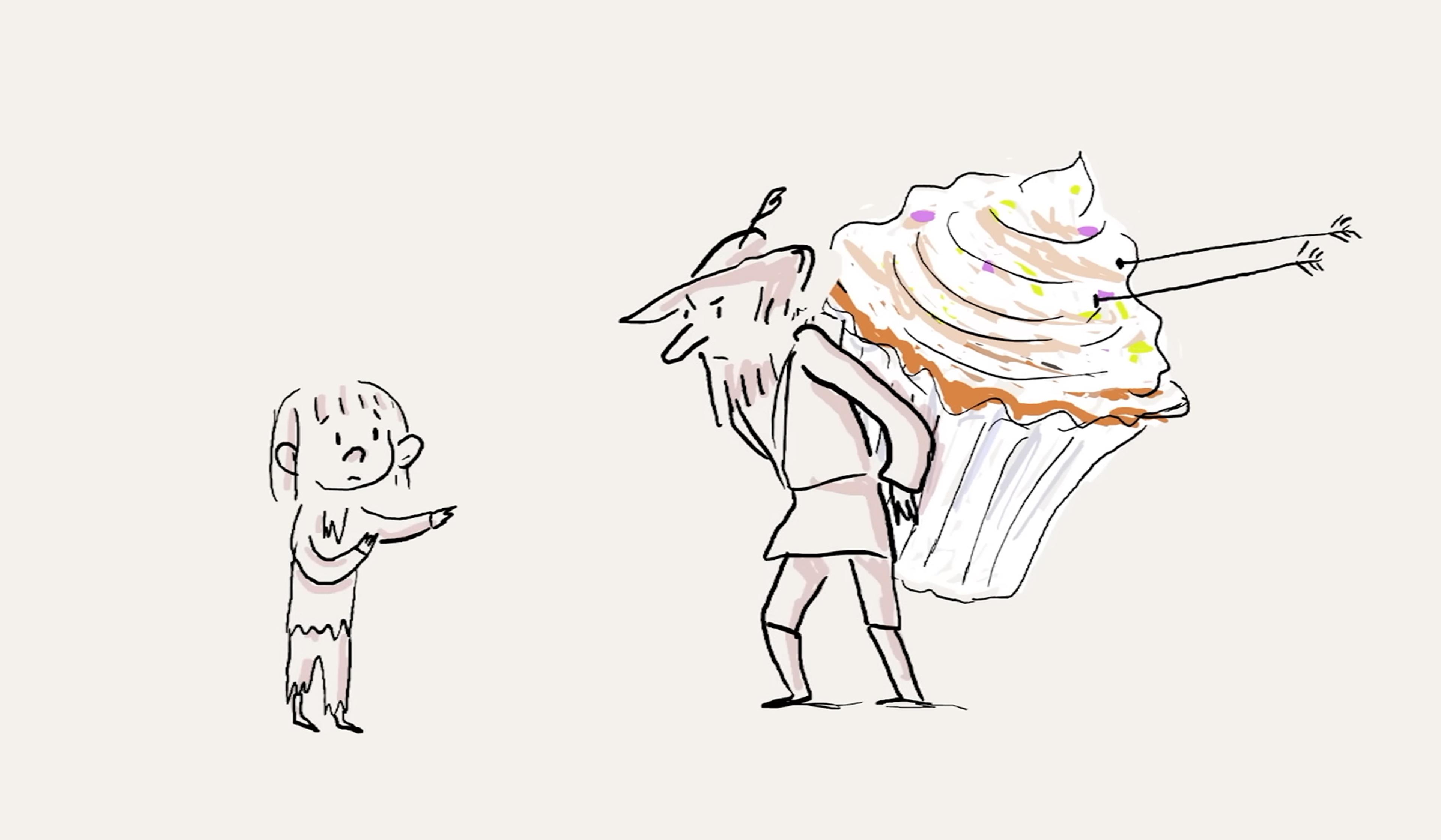The reasons why people love to blame are simple enough: they’re seeking an outlet for their frustrations, and they want to feel in control. But how good is blame at actually helping us to understand situations, to determine causes and effects? In this RSA Short, the US author and professor Brené Brown reveals how blame has an ‘inverse relationship with accountability’, and ends up corroding relationships, stymying personal growth, and obscuring the truth in a way that dramatically hinders real problem-solving.
This video is published under the RSA open-access licence. For more information, visit the RSA website’s disclaimer and policies page.








